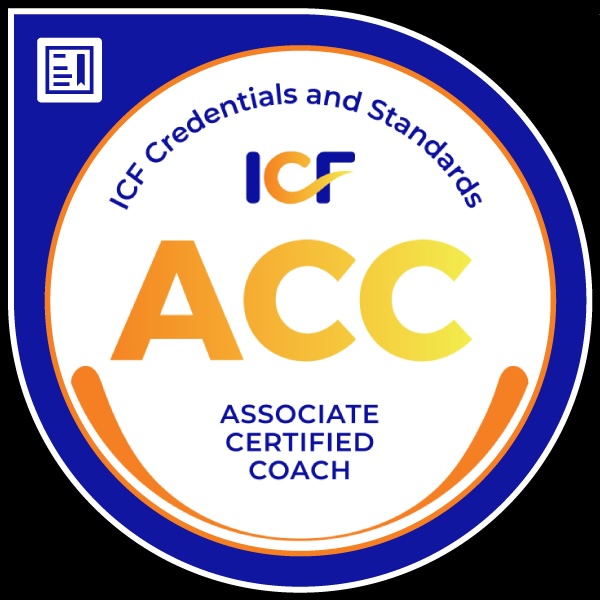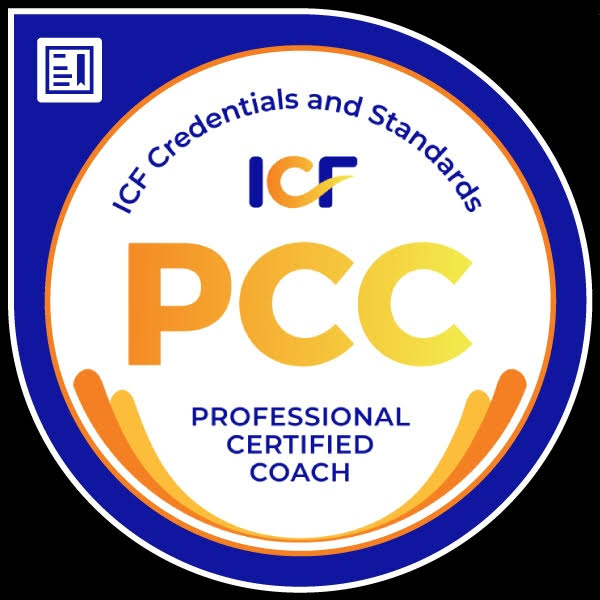School stress is a common problem that many students face, especially around finals time! It can be caused by a variety of factors, such as academic pressure, social expectations, and challenges outside of school altogether. The effects of school stress can be detrimental to a student’s mental health and well-being, self-esteem and relationships; making it important to have awareness about it and also have tools to support themselves in working through it. So, here we’ll go over some causes and then we will get into our “hacks”!
- Academic pressure is one of the main sources of school stress. Many students feel overwhelmed by the amount of work they have to do and the expectations placed on them by teachers, parents, and peers. They may struggle to keep up with deadlines, feel like they are falling behind in their studies, and worry about their grades. This can lead to feelings of anxiety, depression, and low self-esteem.
- Social expectations can also contribute to school stress. Students may feel pressure to fit in with their peers, which can cause them to worry about their appearance, social status, and relationships. This can be particularly challenging for students who are new to a school or who have difficulty making friends. Additionally, bullying and harassment can create a hostile environment that contributes to school stress.
- Personal challenges such as family conflict, financial difficulties, or health issues can also cause school stress. These issues can make it difficult for students to focus on their studies and can lead to feelings of isolation and despair. It is important for students to seek support from family, friends, or school counselors when dealing with these types of issues.
So, how can students manage school stress? There are several strategies that can be effective:
- Practice self-care: During stressful times, students need to build in time to truly practice self-care. This includes getting adequate sleep, eating health-ish foods, and getting up to move around periodically while studying – even go for a walk with the dog or a jog around the block! Engaging in activities that they enjoy and find relaxing can also help reduce stress.
- Develop time-management skills: Students can reduce stress by learning how to manage their time effectively prior to becoming really stressed out. Even if this habit is not formed prior to test stress, they can pause and take these actions to take care of the chaos in their brains. This includes setting goals, prioritizing tasks, and breaking larger projects into smaller, more manageable tasks.
- Seek support! : Students are encouraged to seek support from teachers, counselors, or trusted peers when they are feeling stressed. It can be helpful to talk about their feelings and concerns with someone they trust., even if it is simply to vent about it! Chances are, they are in good company. Also, our counselors at JEM Wellness & Counseling are trained and available to support your student with multiple techniques to support their long-term emotional/mental health and in managing chronic stress.
- Learn stress-management techniques: There are several techniques that can be effective for managing stress, such as journaling, music, laughter, exercise, deep breathing techniques, meditation, and yoga. Students can experiment with different techniques to find what works best for them. Encourage them to slow down and have fun, even if they have to set a timer to do it – this can even be a nice way for them to truly relax; if they know the timer will alert them to when they need to return to task.
It is natural for students to feel some pressure from the many expectations and obligations placed on them at school. In many ways, it is a positive sign that they care about their grades and their overall performance. However, heightened levels of stress over time can lead to other emotional/mental/physical health challenges. Identifying signs of stress and learning ways to manage the symptoms are key interventions for maintaining their health and wellness as well as their success in at school.
You got this!
How to Start
You may click on the “New Client Consultation” button, call, text or email us. We will respond to you within 24 hours to have a free 10-15 minute phone consultation. This will help us determine if we are the best fit to support you toward your goals. If we are, we will schedule your initial assessment and begin your wellness passage.




















